By Favour Unoh
The truth is, we’ve always had a voice. The problem is, the world hasn’t cared to listen. In April 2024, I sat in a room filled with girls from across West Africa – Liberia, Sierra Leone, Guinea-Bissau, Ghana, and others, each with different stories but the same fire. We weren’t there to be celebrated. We were there to challenge, to speak, to lead. The Adolescent Girls Summit in Monrovia, Liberia, wasn’t just another event. It was a loud, necessary declaration that girls are not only future leaders – we are the present ones.
As I stood before policymakers, development partners, and fellow changemakers, I realised how powerful the collective voices of young girls are, not just in panels and plenaries, but in shaping priorities and policies that directly affect us. For the first time, girl-led initiatives were not confined to the “youth segment”; we were the heart of the conversation on ending violence, building equity and creating a world where being a girl is not a disadvantage but a strength.
Why does girl-led advocacy matter?
Globally, millions of girls face violence, discrimination and exclusion, not because they are voiceless but because they are unheard. Whether it is child marriage, female genital cutting, sexual exploitation or lack of access to education and healthcare, girls are often the most affected, yet the least consulted.
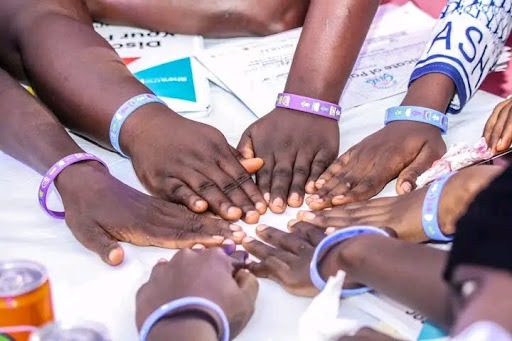
According to a 2024 UNICEF report, over 370 million women and girls worldwide, or almost one in eight, have experienced sexual violence before turning 18. When including non-contact forms of sexual violence, such as unwanted sexual jokes or exposure to pornography, the rate rises to one in five. These figures are mind-boggling, and they underscore the necessity of including girls in policy-making processes to ensure these unique challenges are addressed effectively.
Girl-led advocacy isn’t only symbolic, but also strategic. Girls bring context, urgency and creativity to conversations around safety, inclusion and rights. We know what we need and we can articulate it clearly when given the platform, resources and respect.
When I was nominated to attend the Adolescent Girls Summit as a representative of Nigerian adolescents, I didn’t know I would leave Monrovia with a title, “AGS Ambassador.” This new role fueled the fire in me to burn brighter. Before now, I had always used my voice through writing, public speaking and media, but something about that gathering shifted me from participation to ownership.
I wasn’t just sharing stories or facts, but I was shaping them. I participated in a panel session on how policymakers could protect girls and young women from violence and other issues that the girls had highlighted at the Summit. I got to speak like women I had only read about, but my voice was not treated as junior or less informed. It was treated as valid.
Witnessing a Sierra Leonean girl share her FGM experience at the Summit was deeply touching. In the part of Nigeria where I was born, FGM is discussed primarily through survivor stories and advocates. Being in the presence of a survivor who could articulate the visceral details of her journey was profoundly impactful. It transformed the abstract concepts I had previously understood into a tangible, heartbreaking reality.
Across Africa and beyond, girl-led advocacy is already driving change. Girls are mobilising communities, launching campaigns, influencing laws and challenging the status quo. I had firsthand experience when I served as a member of the Regional Adolescent Girls Advisory Panel, representing Nigeria. These adolescent girls from different countries in West Africa were powerful and intentional about ensuring real impact, especially with their involvement in their communities. This proves that girls are not waiting for permission anymore; they are building movements. But for every girl we see at the table, there are thousands more whose courage goes unseen because they lack access, resources or recognition.
The problem isn’t silence, it’s being ignored
Too often, girls’ involvement is performative; we are always invited to speak, but not to shape decisions. We are praised for our “boldness”, but our demands are watered down, postponed, or redirected. While many adolescent girls face violence, discrimination, and exclusion, those living with special abilities often experience these injustices in amplified ways – locked out of advocacy spaces, underrepresented in data, and routinely overlooked in policies meant to protect them. Tokenism remains a barrier.
Girls living with special abilities face intersecting barriers: gender-based violence, inaccessibility of schools or safe spaces, societal stigma, and exclusion from leadership or decision-making roles. Often, they are perceived as passive recipients of care rather than potential agents of change. Yet, their lived realities offer crucial insights that must inform every child protection framework.
During one of the breakout rooms at the Monrovian Summit, I had the privilege of interacting with girls living with special abilities. It was a deeply moving experience that exposed the gap between written commitments to inclusion and the realities of practice. These girls were not quiet observers; they were bold, articulate, and eager to speak about their struggles. From access to education to being heard in community decision-making, they shared stories that reflected not weakness, but resilience. Their excitement about being included in the Summit was heartwarming, yet it also served as a reminder that their inclusion in such spaces should not be exceptional; it should be the norm. Their courage and clarity reaffirmed why true inclusion means going beyond the tokenistic to ensure that every girl, regardless of ability, is seen, heard, and empowered to lead.
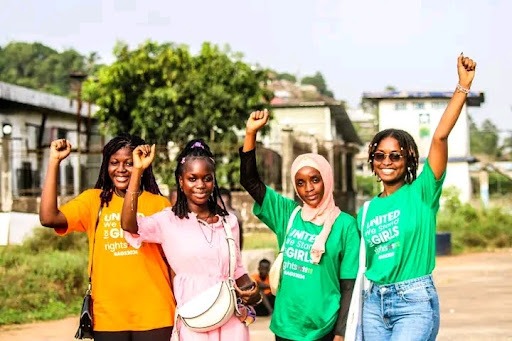
Ending violence against girls and creating inclusive policies requires more than listening. It demands action, visible, resourced, and accountable. For too long, girls have spoken up only to see their ideas gather dust in meeting notes and forgotten strategies. If we are truly committed to change, we must invest in girl-led solutions, not just girl-focused programmes.
When we say “girls,” we must mean all girls, including those living with special abilities, adolescent mothers, girls in rural communities, and others who are too often left out of conversations about their futures.
That means:
- Creating safe, accessible spaces where every girl can speak without fear, judgment, or physical barriers.
- Allocating resources directly to girl-led initiatives, not just adult-led NGOs or institutions.
- Including girls at every level of program design, implementation, and evaluation, especially those whose voices are rarely heard.
- Respecting their agency, creativity, and lived insight, not treating them as beneficiaries, but as partners.
“Being heard is not enough if our ideas gather dust. Advocacy without action is a performance. Advocacy with girls at the centre, that’s progress.”
Inclusion is not a box to tick; it is the foundation of justice. Justice for girls begins when every girl, no matter her ability, location, or circumstance, is not only heard but also trusted to lead. I didn’t just leave the Adolescent Girls Summit with memories; I left with a mission. Every time I write, speak, or advise on a policy, I carry the voices of girls I met across borders, girls who are not afraid to speak the truth, even in intimidating rooms.
When a girl speaks, the world should not only listen but also shift, act, and most of all, remember that the change we seek is already in motion, powered by girls.
Favour Unoh is a Girls’ Rights Advocate, Member of the Girls Advisory Council 2025 at She’s The First, and 2024 Adolescent Girls Summit (AGS) Ambassador.



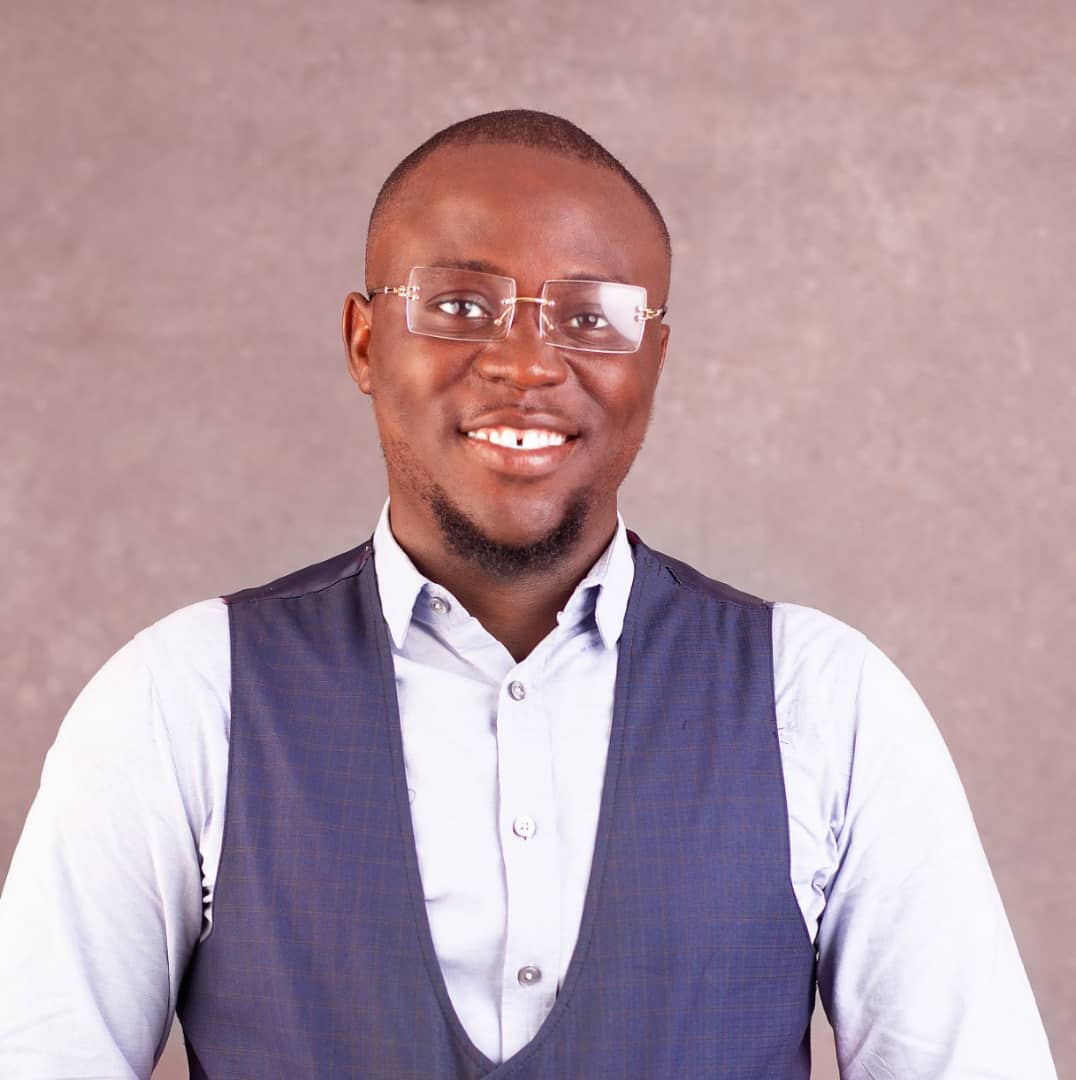
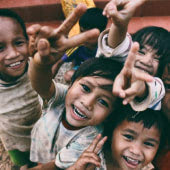
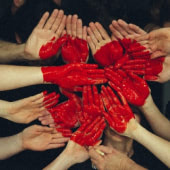
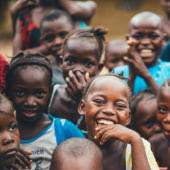
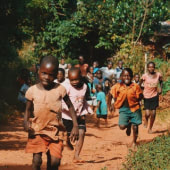
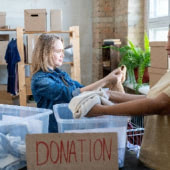
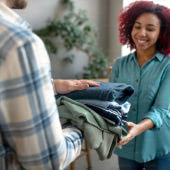
I’m proud of you Favourrrrr
It is true without a doubt that a small group of people united in one vision can change the world.
While reading through I was glad and happy that there’s someone tackling and advocating for girls from this perspective.
Super proud of what Favour is doing and hope she gets all the support and network to take this to African countries where this is highly needed.
Kudos 🥂
Good article